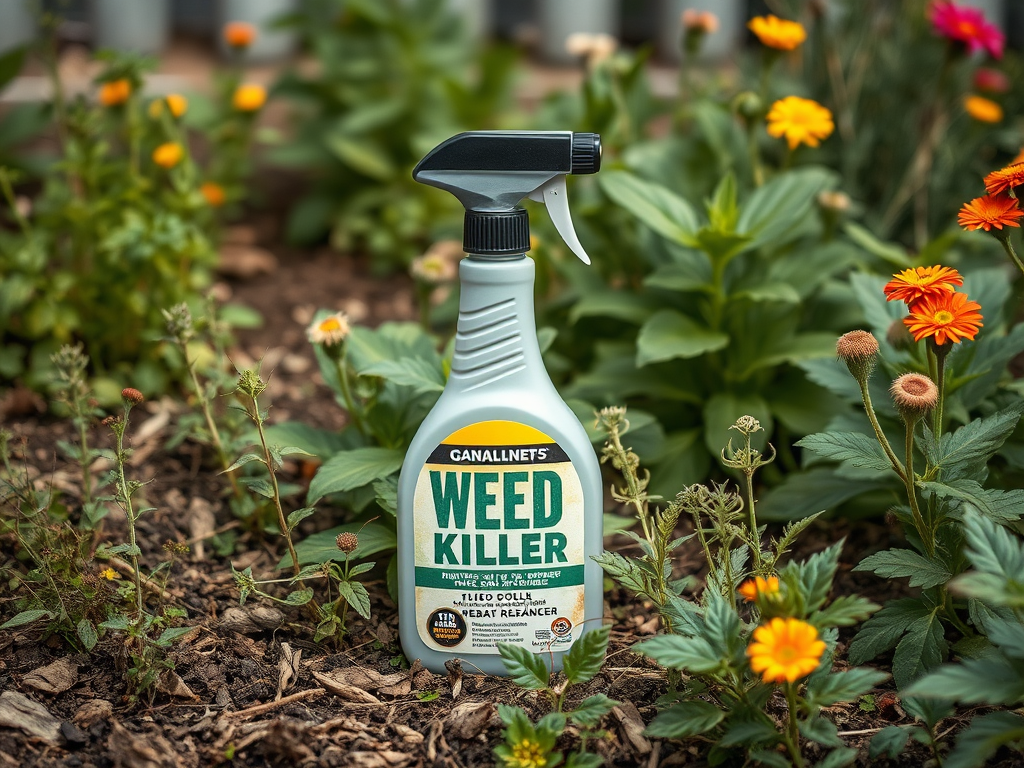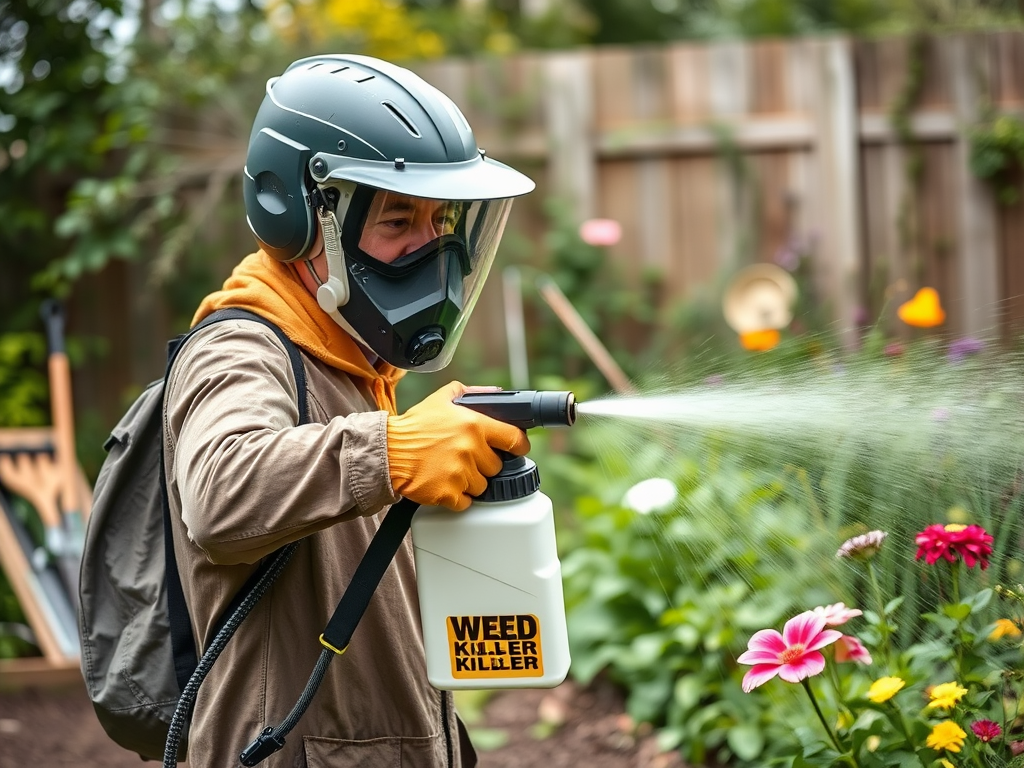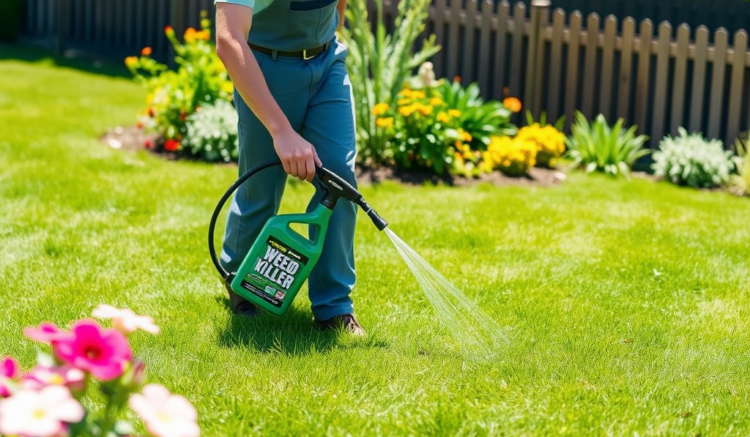Weed management is a common challenge faced by gardeners and homeowners alike. The struggle to maintain a lush and healthy lawn or garden can often feel overwhelming, especially with the encroaching presence of persistent weeds. Luckily, there are tools available to help manage this dilemma effectively. Among these, weed killer sprays have emerged as essential allies in the war against unwanted plant growth. However, with a myriad of options on the market, understanding which products work best, how to apply them, and the safety precautions necessary is crucial. This guide aims to simplify that process for you.
Choosing the right weed killer spray is not merely about grabbing the first bottle you see at a garden center. Instead, it requires a careful assessment of individual needs, the types of weeds you’re dealing with, and the specific conditions of your garden or lawn. Armed with the right information, you can select a product that not only targets unwanted plants but also preserves the health of surrounding flora. In the following sections, we will explore key considerations when selecting a weed killer spray, highlight some of the top products available, and provide comprehensive application tips to maximize results.
What to Look For in a Weed Killer Spray

Before purchasing a weed killer spray, it’s important to understand various features that could affect its effectiveness. Considerations include the type of weeds you’re targeting, the size of your garden, and your desired outcome. Additionally, knowing the environmental impact of certain chemicals is becoming increasingly essential for eco-conscious consumers.
- Pre-emergent: Ideal for preventing weed growth before they germinate.
- Post-emergent: Effective for killing weeds that are already growing.
- Selective: Targets specific types of weeds without harming desired plants.
- Non-selective: Kills all vegetation it comes in contact with, suitable for areas where you want to eliminate all plant life.
Top Weed Killer Sprays on the Market

Several effective weed killer sprays have gained popularity among users for their performance and ease of application. The choice among these products can depend on various factors, including the specific pests you’re looking to eliminate and the environment in which you will be using the spray. Below is a brief overview of some of the most highly rated options currently available.
| Product Name | Key Ingredients | Benefits |
|---|---|---|
| Roundup Pro Concentrate | Glyphosate | Fast acting, kills a broad range of weeds. |
| Ortho WeedClear Lawn Weed Killer | 2,4-D | Selectively targets broadleaf weeds. |
| Avenger Organic Weed Killer | Pelargonic acid | Organic option, effective on annual weeds. |
The product reviews don’t end here. Each product offers unique advantages that can cater to different gardening needs. For instance, Roundup Pro Concentrate is particularly effective on a broad range of weeds, making it suitable for larger areas. In contrast, Ortho WeedClear is more suited for those looking to preserve garden plants while tackling tougher broadleaf weeds. Finally, Avenger Organic Weed Killer provides an eco-friendly alternative for those who prefer a natural approach. Knowing these distinctions can make your decision-making process smoother.
How to Properly Apply Weed Killer Spray
Application technique is as crucial as the product choice. Before you start spraying, ensure you understand the specific requirements of the product you’ve selected. Each type of weed killer has its own set of instructions which can vary significantly. A general guideline for application includes shaking the bottle well before use and applying during calm weather to prevent drift.
It’s paramount to prioritize safety when using herbicides. Always read the label for safety guidelines specific to the product in use. Here are a few general safety measures to consider:
- Wear protective gear such as gloves, goggles, and a mask.
- Keep children and pets away from treated areas until it’s safe to return.
- Do not apply before it rains to avoid wash-off and potential runoff.
Additional Tips for Optimal Results
To enhance the effectiveness of your weed killer spray, consider these additional tips:
- Timing: Early morning or late afternoon are ideal times for application when temperatures are cooler.
- Weather: Avoid applying before rain; check forecasts to ensure at least 24 hours of dry weather.
- Maintenance: Regularly check your yard for new weed growth and reapply as recommended.
Conclusion
With the right knowledge and understanding of weed killer sprays, you can effectively manage your garden or lawn’s health. Choosing the best product based on your specific needs will ensure lasting results. Proper application techniques and safety measures further enhance the benefits you can reap. Alongside regular maintenance, these practices will allow you to cultivate a lush, weed-free environment.
Frequently Asked Questions
- What is the difference between selective and non-selective weed killers? Selective weed killers target specific types of plants, while non-selective ones kill all vegetation they come in contact with.
- How long does it take for weed killer spray to work? Most weed killer sprays start showing results within a few hours to several days, depending on the product and environmental conditions.
- Can I use weed killer spray on my vegetable garden? You should use selective herbicides and ensure they are labeled safe for vegetable gardens to avoid contaminating your crops.
- What safety gear should I wear when applying weed killer? It is recommended to wear gloves, goggles, and a mask to protect yourself from any harmful chemicals.
- How often should I apply weed killer spray? It varies based on the product and weed type; typically, it’s best to follow the manufacturer’s instructions for optimal results.
